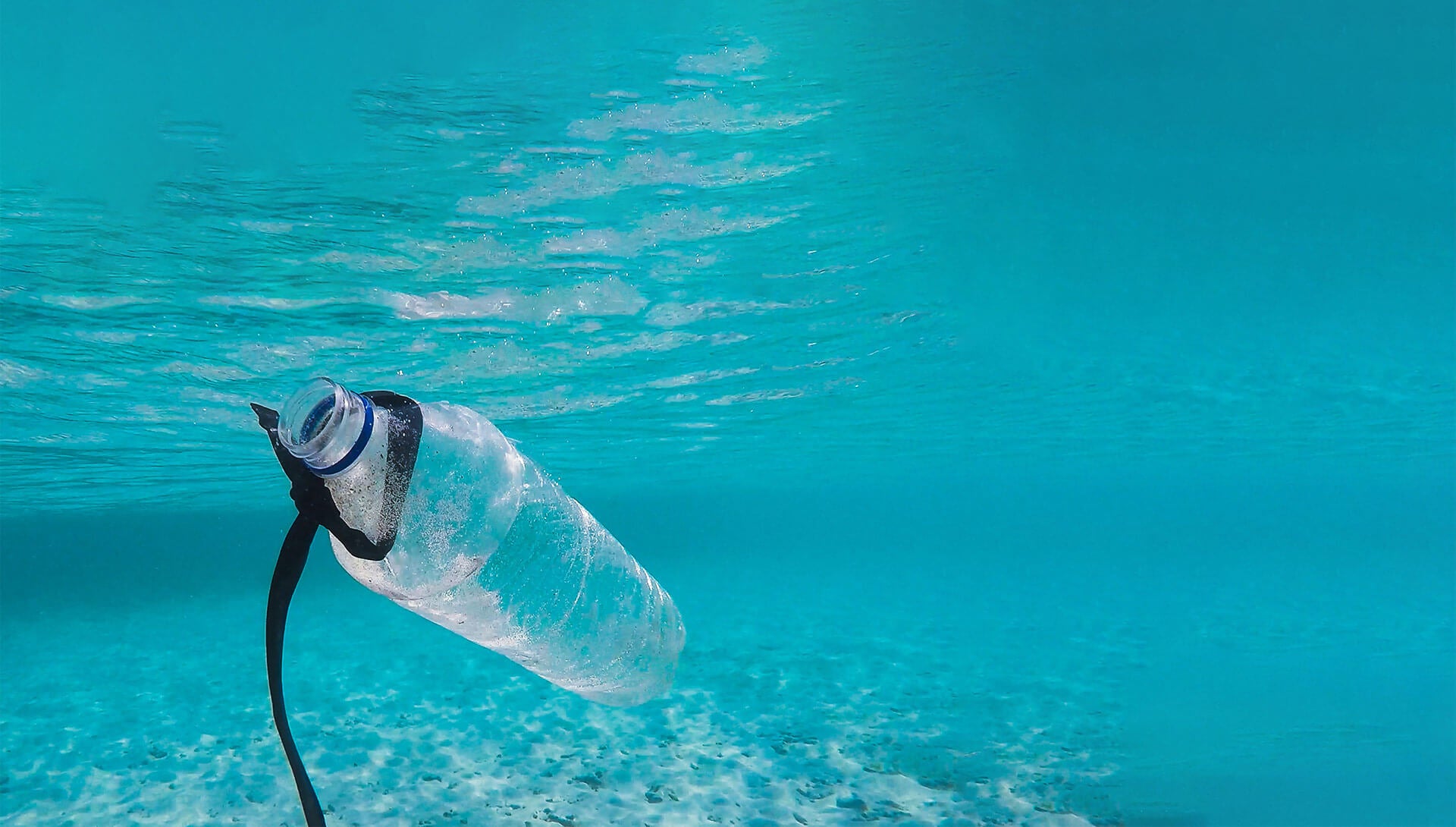It is true that plastics bring many benefits to society and offer technological and medical advances. Plastics are inexpensive, lightweight, strong, durable, corrosion-resistant materials, with high thermal and electrical insulation properties.
Almost all aspects of daily life involve plastics, in transport, telecommunications, clothing, footwear, and packaging materials for a wide range of food, drink, and other goods. However, humankind has become reliant on plastic to do things other renewable resources could have done without as many downsides.
We all know plastic is convenient and makes life easier, but with little thought to the disposal and the afterlife, the concerns are mounting.
They include accumulation of waste in landfills and in natural habitats, physical problems for wildlife resulting from ingestion or entanglement in plastic, the leaching of chemicals from plastic products and the potential for plastics to transfer chemicals to wildlife and humans.
Perhaps the most important overriding concern, is that our current usage is not sustainable.
Food, other fast-moving consumable products, and other short-lived applications of plastic are simply out of the question going forward.
There are solutions, including material reduction, design for end-of-life recyclability, increased recycling capacity, development of bio-based plastics, (however, this doesn’t help with the problem of wildlife ingestion) and reducing litter.
All these measures will be most effective through the combined actions of the public, industry, scientists and policymakers. The New Zealand government has announced a ban on single-use plastics, including cotton buds, bags, cutlery, plates and bowls, straws and fruit labels by 2025.
The New Zealand government has announced a ban on single-use plastics, including cotton buds, bags, cutlery, plates and bowls, straws and fruit labels by 2025.
“Every day, New Zealanders throw away an estimated 159g of plastic waste per person, making us some of the highest waste generators in the world,” the environment minister, David Parker, said.
Officials estimate this will reduce around 2bn single-use plastic items from our landfills and environment every year!
This is a great start, but let's not wait until 2025 to give up plastic, why don’t you give plastic-free a go and start now!
Change starts with the small things.
Cheers,
Monica & Vanessa





